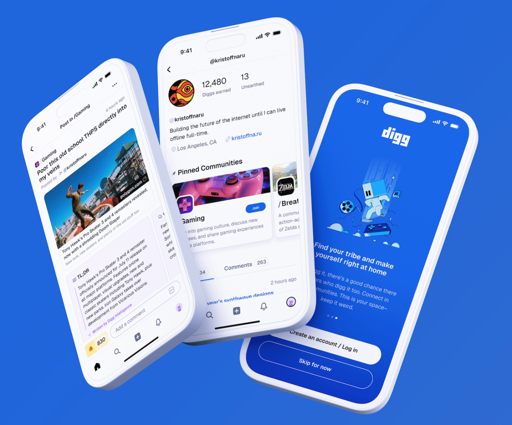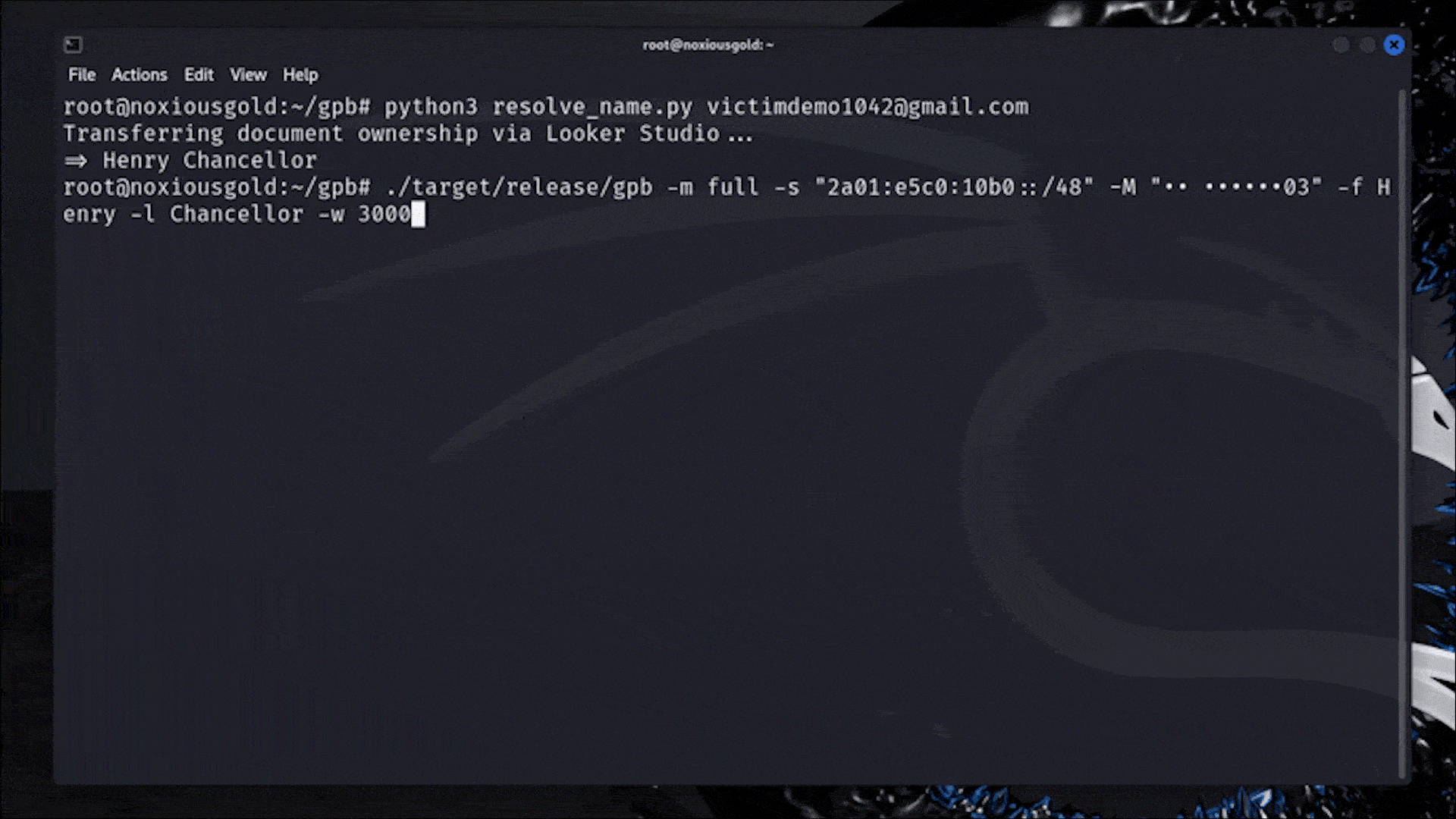Menstrual tracking app data is a ‘gold mine’ for advertisers that risks women’s safety
-
Wrong, as shown above, Apple Health fails to include a libre software license text file. We do not control it, anti-libre software.
'Open source' misses the point of libre software.
Can you name a phone that has libre hardware as an alternative?
-
Can you name a phone that has libre hardware as an alternative?
How does trapping ourselves in yet another anti-libre app, like Apple Health, help escape anti-libre software or hardware devices?
-
How does trapping ourselves in yet another anti-libre app, like Apple Health, help escape anti-libre software or hardware devices?
If libre apps run on proprietary hardware, is it really under your control?
-
If libre apps run on proprietary hardware, is it really under your control?
Does Drip, a libre app, move towards or away from solving this?
-
Does Drip, a libre app, move towards or away from solving this?
It doesn't move at all. If your hardware is compromised, then it doesn't matter what apps or software you run, right? Its not under your control.
So which phone has libre baseband firmware?
-
It doesn't move at all. If your hardware is compromised, then it doesn't matter what apps or software you run, right? Its not under your control.
So which phone has libre baseband firmware?
You want us doing nothing at all unless we get perfect freedom and privacy?
-
You want us doing nothing at all unless we get perfect freedom and privacy?
So we don't have perfect privacy?
-
For christ sake, is there no open source option for such a simple task?
Edit:
2 people here could point to drip within 15 minutes of my post, and a third to the fact there are options on F-droid. So why the fuck don't women just use that?
Well i guess the ones with harmful advertising have better graphics or somemeting. Or the fact they allow advertising makes them more visible on google play. And you probably can't even get drip on iPhones.I think many women just do not know it exists or do not know about the risks of using other apps
-
I legitimately have an idea for an app that solves this problem. Its key feature, besides being open source, would be that people without uteruses could use it too, making any data conceivably collected useless.
I don’t have the skills to make it myself (yet), but if any developer wants to talk I’ll give the idea away. I just want it to be made.
App would be open source, all data local. Perhaps the option to sync to encrypted iCloud or Android equivalent, but certainly not a cloud-based option you need a new login for. All the features currently in these kinds of apps and that make them useful for menstruating people. Now replace “period” with “hair cut”. Non-menstruating people can now use it, earnestly, for tracking when their last hair cut was, making it useful and the data (if it were to be collected somehow) just noise.
I even have a name in mind: “hair**.**cuts” (heavy emphasis on the period in the name.) Idea is that anyone with it on their device has plausible deniability that they are using it for period tracking, but the “period” in the name is an implicit wink so we all know what it’s really being used for.
You could even expand this idea by being able to add different things to track and give it a name yourself!
-
Cambridge researchers urge public health bodies like the NHS to provide trustworthy, research-driven alternatives to platforms driven by profit.
Women deserve better than to have their menstrual tracking data treated as consumer data - Prof Gina Neff
Smartphone apps that track menstrual cycles are a “gold mine” for consumer profiling, collecting information on everything from exercise, diet and medication to sexual preferences, hormone levels and contraception use.
This is according to a new report from the University of Cambridge’s Minderoo Centre for Technology and Democracy, which argues that the financial worth of this data is “vastly underestimated” by users who supply profit-driven companies with highly intimate details in a market lacking in regulation.
The report’s authors caution that cycle tracking app (CTA) data in the wrong hands could result in risks to job prospects, workplace monitoring, health insurance discrimination and cyberstalking – and limit access to abortion.
They call for better governance of the booming ‘femtech’ industry to protect users when their data is sold at scale, arguing that apps must provide clear consent options rather than all-or-nothing data collection, and urge public health bodies to launch alternatives to commercial CTAs.
The humans in my family who experience menstrual cycles have been pretty happy with Clue who have an explicit promise to never give up your data. YMMV and of course you should evaluate what a promise from this organization means to you.
-
File this under "no shit."
that was my initial thought too, but then I remembered that if may not be so obvious to those who aren't like-minded like that. it's still good to share with friends and family who might not know about it
-
The humans in my family who experience menstrual cycles have been pretty happy with Clue who have an explicit promise to never give up your data. YMMV and of course you should evaluate what a promise from this organization means to you.
When they get our data, nothing will bring that copy back. ToS never works, libre software does.
-
I don't disagree with that, but the point here was freedom from advertisers and general data privacy, not data portability.
But there is an "export all data" feature in health, though.
Lol sure apple doesnt use that data internally. /s
-
For christ sake, is there no open source option for such a simple task?
Edit:
2 people here could point to drip within 15 minutes of my post, and a third to the fact there are options on F-droid. So why the fuck don't women just use that?
Well i guess the ones with harmful advertising have better graphics or somemeting. Or the fact they allow advertising makes them more visible on google play. And you probably can't even get drip on iPhones.Like....a spreadsheet?
-
Cambridge researchers urge public health bodies like the NHS to provide trustworthy, research-driven alternatives to platforms driven by profit.
Women deserve better than to have their menstrual tracking data treated as consumer data - Prof Gina Neff
Smartphone apps that track menstrual cycles are a “gold mine” for consumer profiling, collecting information on everything from exercise, diet and medication to sexual preferences, hormone levels and contraception use.
This is according to a new report from the University of Cambridge’s Minderoo Centre for Technology and Democracy, which argues that the financial worth of this data is “vastly underestimated” by users who supply profit-driven companies with highly intimate details in a market lacking in regulation.
The report’s authors caution that cycle tracking app (CTA) data in the wrong hands could result in risks to job prospects, workplace monitoring, health insurance discrimination and cyberstalking – and limit access to abortion.
They call for better governance of the booming ‘femtech’ industry to protect users when their data is sold at scale, arguing that apps must provide clear consent options rather than all-or-nothing data collection, and urge public health bodies to launch alternatives to commercial CTAs.
My wife just asks me to grab her boobs and I can generally let her know several days out and be accurate to within half a day.
-
Cambridge researchers urge public health bodies like the NHS to provide trustworthy, research-driven alternatives to platforms driven by profit.
Women deserve better than to have their menstrual tracking data treated as consumer data - Prof Gina Neff
Smartphone apps that track menstrual cycles are a “gold mine” for consumer profiling, collecting information on everything from exercise, diet and medication to sexual preferences, hormone levels and contraception use.
This is according to a new report from the University of Cambridge’s Minderoo Centre for Technology and Democracy, which argues that the financial worth of this data is “vastly underestimated” by users who supply profit-driven companies with highly intimate details in a market lacking in regulation.
The report’s authors caution that cycle tracking app (CTA) data in the wrong hands could result in risks to job prospects, workplace monitoring, health insurance discrimination and cyberstalking – and limit access to abortion.
They call for better governance of the booming ‘femtech’ industry to protect users when their data is sold at scale, arguing that apps must provide clear consent options rather than all-or-nothing data collection, and urge public health bodies to launch alternatives to commercial CTAs.
My wife used to use the tracker in fitbit (I think), but once US states started passing laws to track periods, she's stopped using it. It's the wild west in my house now.
-
My wife used to use the tracker in fitbit (I think), but once US states started passing laws to track periods, she's stopped using it. It's the wild west in my house now.
There are 2 open source menstrual trackers in f-droid. They don't share data.
-
My wife just asks me to grab her boobs and I can generally let her know several days out and be accurate to within half a day.
You need to teach me this skill. Any excuse to get frisky with my wife.
-
There are 2 open source menstrual trackers in f-droid. They don't share data.
You can also use an analog tracker...
-
You want us doing nothing at all unless we get perfect freedom and privacy?
No, we’re simply using the same logic as you and not letting perfect be the enemy of good. Telling people to use the built in app on the most popular platform because it has infinitely better privacy than all the apps with ads is objectively good advice. My grandma doesn’t know what f-droid is. She doesn’t even know what an operating system is. She also doesn’t know what a software license is.
-
-
-
-
-
-
The EU Commission fines Delivery Hero and Glovo €329 million for participation in online food delivery cartel
Technology 1
1
-
-
Mozilla is shutting down Pocket, their read-it-later and content discovery app, and Fakespot, their browser extension that analyzes the authenticity of online product reviews.
Technology 1
1





